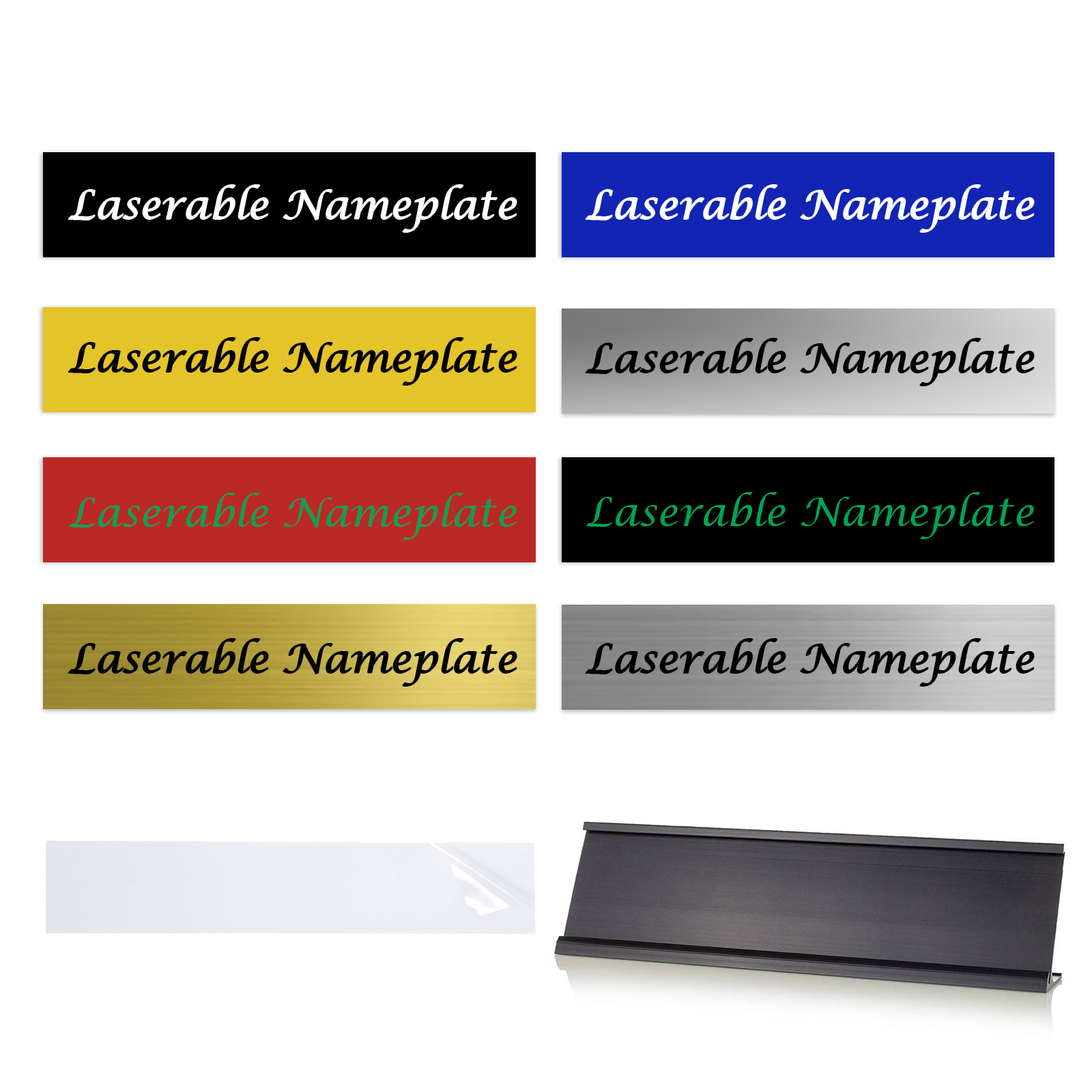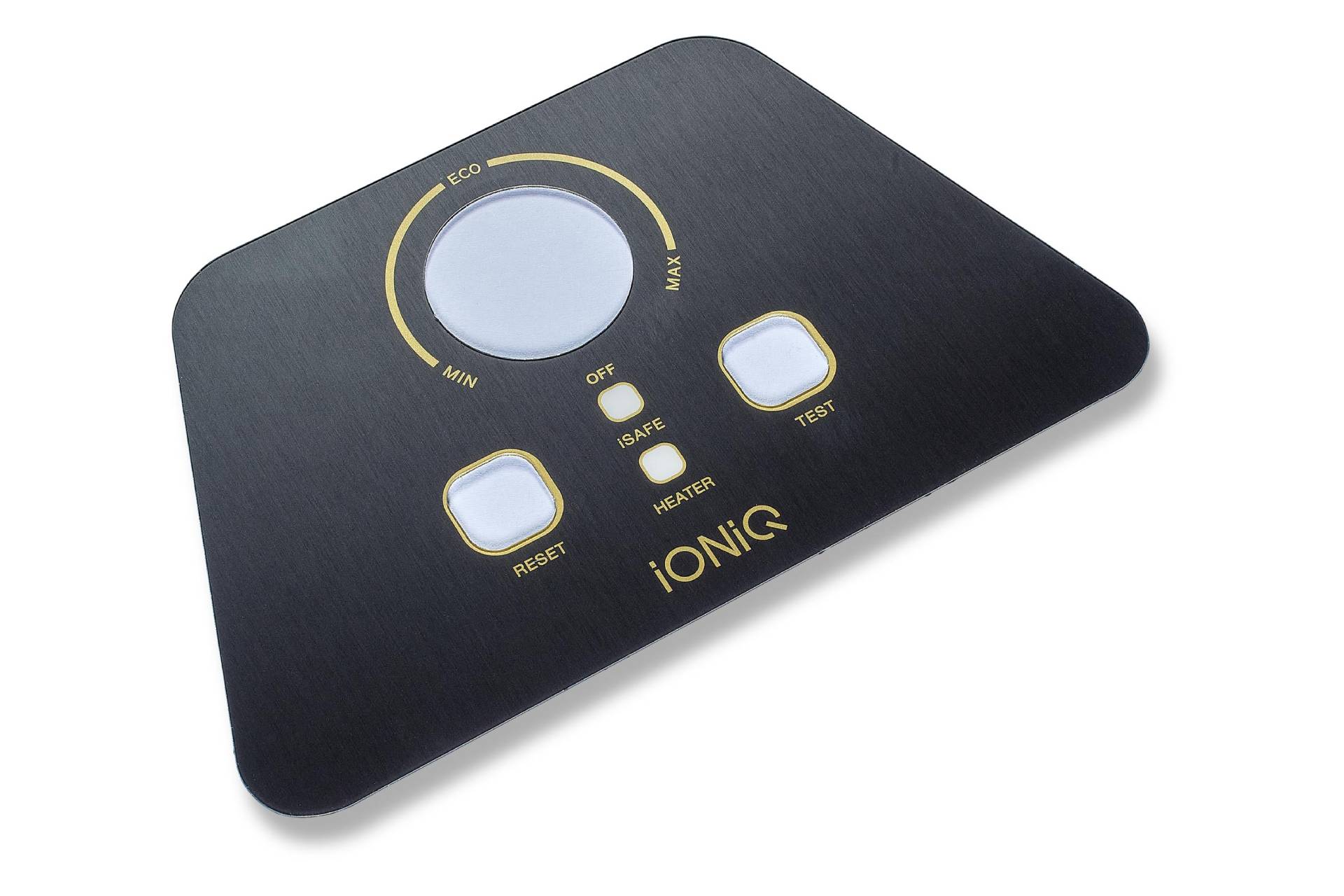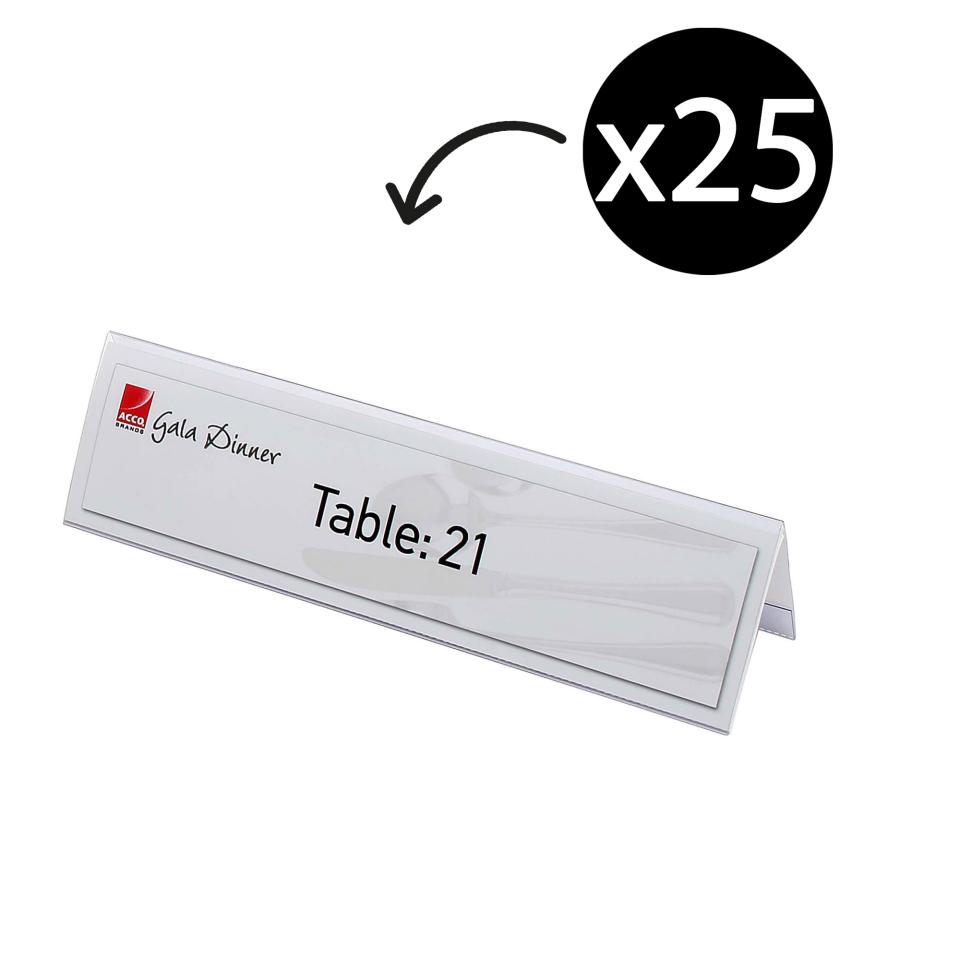How Plastic Nameplates Reinforce Corporate Identity and Recognition
How Plastic Nameplates Reinforce Corporate Identity and Recognition
Blog Article
Exactly How Plastic Nameplates Are Manufactured: A Comprehensive Guide to Their Production Refine
The production of plastic nameplates involves numerous precise steps, beginning with the choice of appropriate materials to the final complements. Each stage is critical, guaranteeing the product satisfies details demands for toughness and visual appeals. Different production strategies play a significant duty in crafting these nameplates. Comprehending these procedures can clarify the complexities behind what could look like a straightforward item. What factors add to the top quality and customization of these nameplates?
Comprehending Plastic Materials Used for Nameplates

The Layout Refine: From Concept to Prototype
The design process for plastic nameplates begins with a clear idea that overviews the general development. Developers work together with customers to define the function, design, and specific requirements of the nameplate. This preliminary stage consists of conceptualizing sessions, sketching ideas, and choosing shades and fonts that line up with branding goals.Once the concept is established, designers make use of computer-aided layout (CAD) software program to produce in-depth digital depictions. These models permit visualization and modifications before moving on. Comments from stakeholders is essential throughout this phase, as it assists fine-tune the layout to satisfy expectations.After completing the electronic model, a physical model may be produced, typically through methods like 3D printing. This concrete depiction enables additional evaluation of appearances and functionality. On the whole, the layout procedure is a crucial step that lays the structure for the efficient production of premium plastic nameplates.
Reducing and Shaping the Plastic
In the cutting and shaping stage of plastic nameplate production, the choice of materials plays a crucial role in determining the end product's quality and toughness (Plastic Nameplates). Different accuracy reducing techniques, such as laser cutting and CNC machining, warranty that the plastic is formed with accuracy and consistency. This mix of cautious product selection and advanced reducing techniques is important for generating high-quality nameplates

Product Option Process
Choosing the right product is crucial for generating top quality plastic nameplates. Numerous types of plastics are offered, each offering distinctive advantages and attributes. Common choices consist of acrylic, polycarbonate, and PVC. Acrylic is preferred for its clearness and UV resistance, making it perfect for outside applications. Polycarbonate, known for its toughness and impact resistance, is ideal for atmospheres that call for boosted protection. PVC is usually selected for its cost-effectiveness and convenience in design. The choice process likewise takes into consideration variables such as thickness, surface, and color surface, which can considerably affect the last look and functionality of the nameplate. Eventually, the picked material needs to align with the intended use and aesthetic objectives of the plastic nameplate.
Precision Cutting Methods
While choosing the suitable material prepares, precision cutting methods play a crucial function fit the plastic nameplates into their final forms. Various approaches, including laser cutting, CNC milling, and die cutting, are utilized to achieve precision and uniformity. Laser cutting makes use of concentrated light to generate clean edges and detailed layouts, ideal for complex patterns. CNC milling uses versatility by removing excess material with precision, accommodating various thicknesses and forms. Pass away cutting, on the various other hand, permits mass manufacturing of uniform items, boosting efficiency. Each method is picked based on the layout specs and the wanted surface, making sure that the end product meets top quality requirements and client assumptions while keeping sturdiness and aesthetic charm.
Printing Methods for Modification
Exactly how can manufacturers achieve vivid and specific designs on plastic nameplates? The solution depends on numerous printing techniques customized for customization. Digital printing has acquired popularity because of its capability to produce complex designs and high-resolution pictures straight onto plastic surfaces. This technique permits quick turn-around times and minimal setup expenses, making it suitable for brief runs and customized orders.Screen printing continues to be another extensively made use of method, especially for bigger quantities. It involves creating a pattern and using layers of ink, causing abundant colors and longevity. UV printing, which utilizes ultraviolet light to cure the ink, is likewise efficient, supplying excellent bond and resistance to fading.Additionally, pad printing supplies convenience for irregularly designed nameplates, enabling thorough styles on difficult surface areas. These printing techniques allow makers to meet diverse client needs while making sure high quality and durability in their plastic nameplate items.
Surface Therapies and Finishing Options

Quality Assurance Measures in Manufacturing
Ensuring the highest possible criteria of quality control throughout the production of plastic nameplates is vital for preserving item integrity and consumer fulfillment. Manufacturers execute extensive evaluation procedures at numerous phases of the production procedure. Raw products go through comprehensive screening to verify they meet specifications for sturdiness and shade consistency. Throughout the molding stage, automated systems check criteria such as temperature level and stress to avoid defects.In addition, aesthetic evaluations are carried out to recognize any kind of surface blemishes or imbalances. As soon as the nameplates are produced, they undergo functional examinations, including attachment tests for printed elements and cardiovascular test for toughness. Quality control groups often employ analytical sampling methods to examine sets, ensuring that any kind of variances from standards are quickly dealt with. This thorough method Resources not only boosts item quality however likewise fosters count on with clients, verifying the producer's commitment to quality in every nameplate created.
Product packaging and Circulation of Finished Nameplates
The packaging and distribution of finished plastic nameplates are essential action in ensuring they reach clients in optimal problem. Different product packaging materials are chosen to shield the nameplates throughout transit, while delivering approaches are very carefully selected based on efficiency and cost-effectiveness. Furthermore, effective storage space solutions are executed to keep quality up until the nameplates are provided.
Product Packaging Materials Utilized
Selecting appropriate product packaging materials is necessary to assure their security during transit when distributing completed plastic nameplates. Commonly used products include bubble cover, foam extra padding, and cardboard boxes, all made to cushion the nameplates versus effects and shocks. Bubble cover provides an adaptable obstacle, while foam padding warranties that nameplates stay securely in place, reducing the threat of scratches or damage. Furthermore, sturdy cardboard boxes are utilized to consist of the nameplates, using architectural support and security from outside elements. Labels may be applied to indicate dealing with guidelines or breakable contents, additionally boosting additional info safety and security throughout transportation. On the whole, using top quality product packaging products considerably contributes to the integrity and discussion of the finished plastic nameplates upon arrival at their location.
Delivering Techniques Utilized
Reliable distribution of ended up plastic nameplates counts on various delivery approaches that ensure prompt and protected distribution. Companies typically make use of messenger services, products delivery, and post offices, depending upon the size, weight, and location of the bundles. For neighborhood distributions, courier solutions offer rapid transit, making certain nameplates reach clients quickly. For larger orders, products shipping is favored, making use of vehicles or delivery containers to deliver bulk amounts efficiently. Postal solutions work as a cost-effective alternative for smaller deliveries, particularly for domestic shipments. All shipping approaches focus on protective product packaging to avoid damages during transportation. Tracking systems are likewise used to check deliveries, supplying customers with real-time updates and peace of mind relating to the condition of their orders.
Storage Space Solutions Implemented

Frequently Asked Inquiries
What Sorts Of Organizations Frequently Use Plastic Nameplates?
Plastic nameplates are commonly utilized by numerous businesses, including workplaces, medical facilities, manufacturing facilities, and colleges. These nameplates serve necessary functions such as identification, info display, and branding, adding to organizational efficiency and specialist appearance throughout varied atmospheres.
Exactly how Lengthy Does the Entire Manufacturing Refine Take?
The production process duration differs based on intricacy and amount, generally varying from a couple of days to several weeks. Variables influencing this timeline include design approval, material schedule, and manufacturing strategies utilized by the company.
Can Plastic Nameplates Be Recycled After Usage?
Plastic nameplates can be recycled, supplied they are made from recyclable materials. The accessibility of recycling programs and local guidelines may impact their recyclability. Proper disposal methods are important to assure effective recycling.
What Are the Ecological Effects of Plastic Nameplate Manufacturing?
The ecological influences of plastic nameplate production consist of carbon discharges, source depletion, and contamination from making processes. Plastic Nameplates. Furthermore, improper disposal adds to plastic waste, detrimentally affecting ecosystems and wildlife, highlighting the requirement for sustainable techniques
Are There Any Kind Of Safety And Security Worry About Plastic Nameplates?
Safety and security worries concerning plastic nameplates mainly include prospective chemical direct exposure throughout production and the danger of materials deteriorating in time, which might cause harmful materials being released, influencing both human health and the environment. While various materials can be utilized for nameplates, plastic continues to be a preferred choice due to its convenience and longevity. In the cutting and forming stage of plastic nameplate manufacturing, the selection of products plays a crucial role in determining the last product's top quality and toughness. Choosing the ideal product is essential for generating high-quality plastic nameplates. While choosing the appropriate material lays the foundation, precision cutting techniques play an essential function in shaping the plastic nameplates into their final types. When dispersing finished plastic nameplates, choosing appropriate product packaging materials is important to ensure their security during transportation.
Report this page